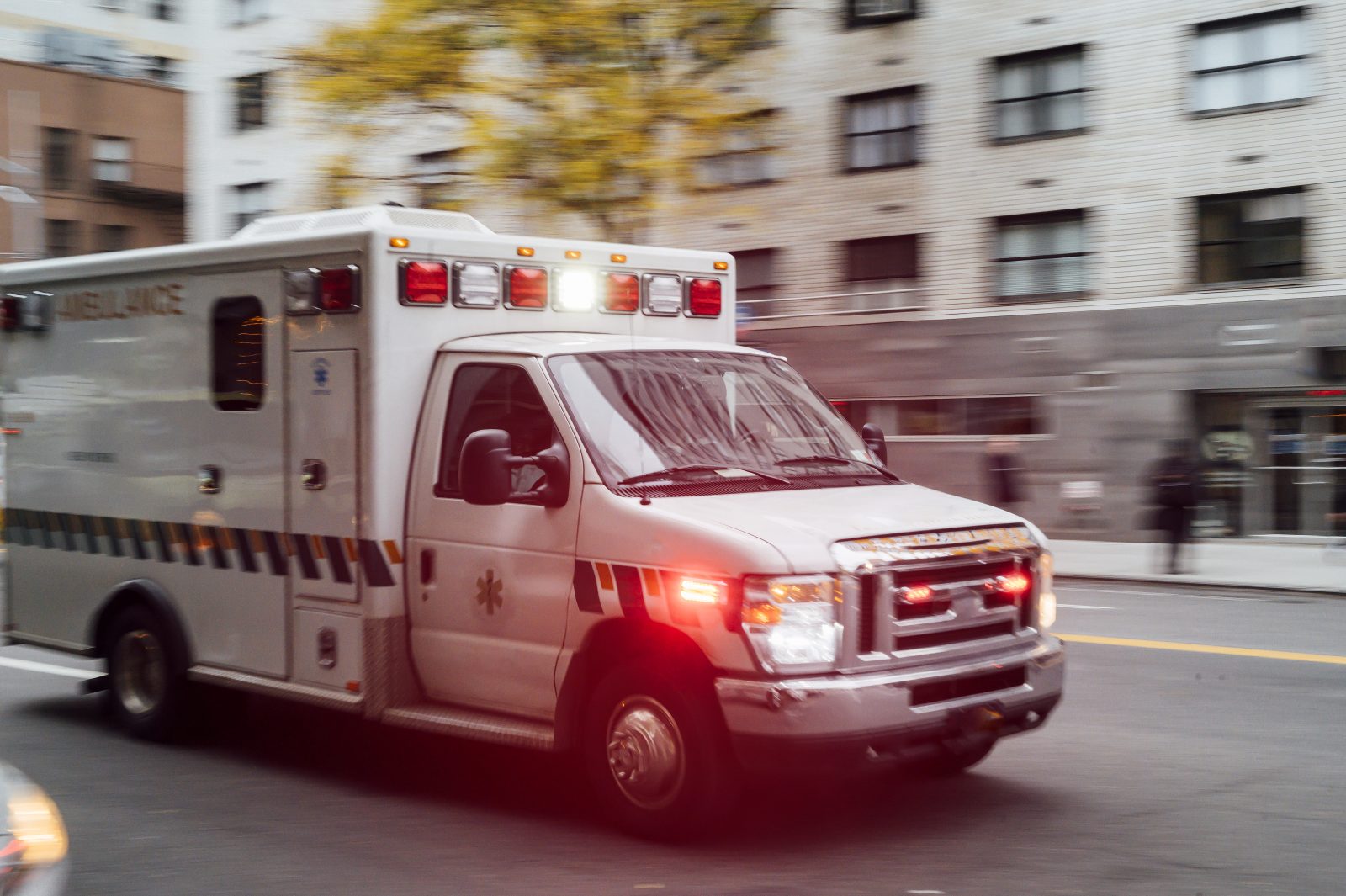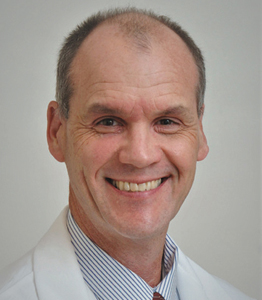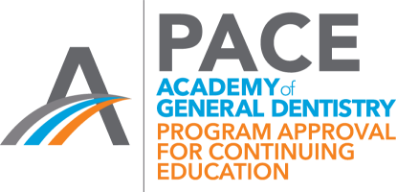Schedule
Registration Sign-in and Continental Breakfast is scheduled from 7:45 - 8:30 am. The seminar will start promptly at 8:30 am. Lunch is included and typically will be from 12:30 - 1:00 pm. Your CE forms will be available for pick-up at our registration desk at the end of the day. Late registrations will have their CE form emailed the following week.
Parking: Complimentary. Use hotel lots.




